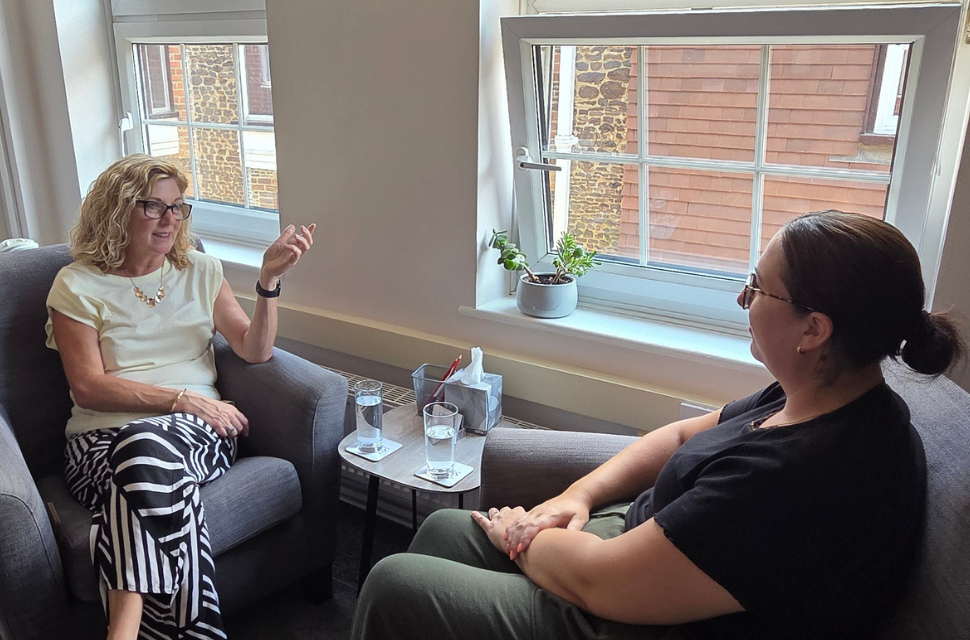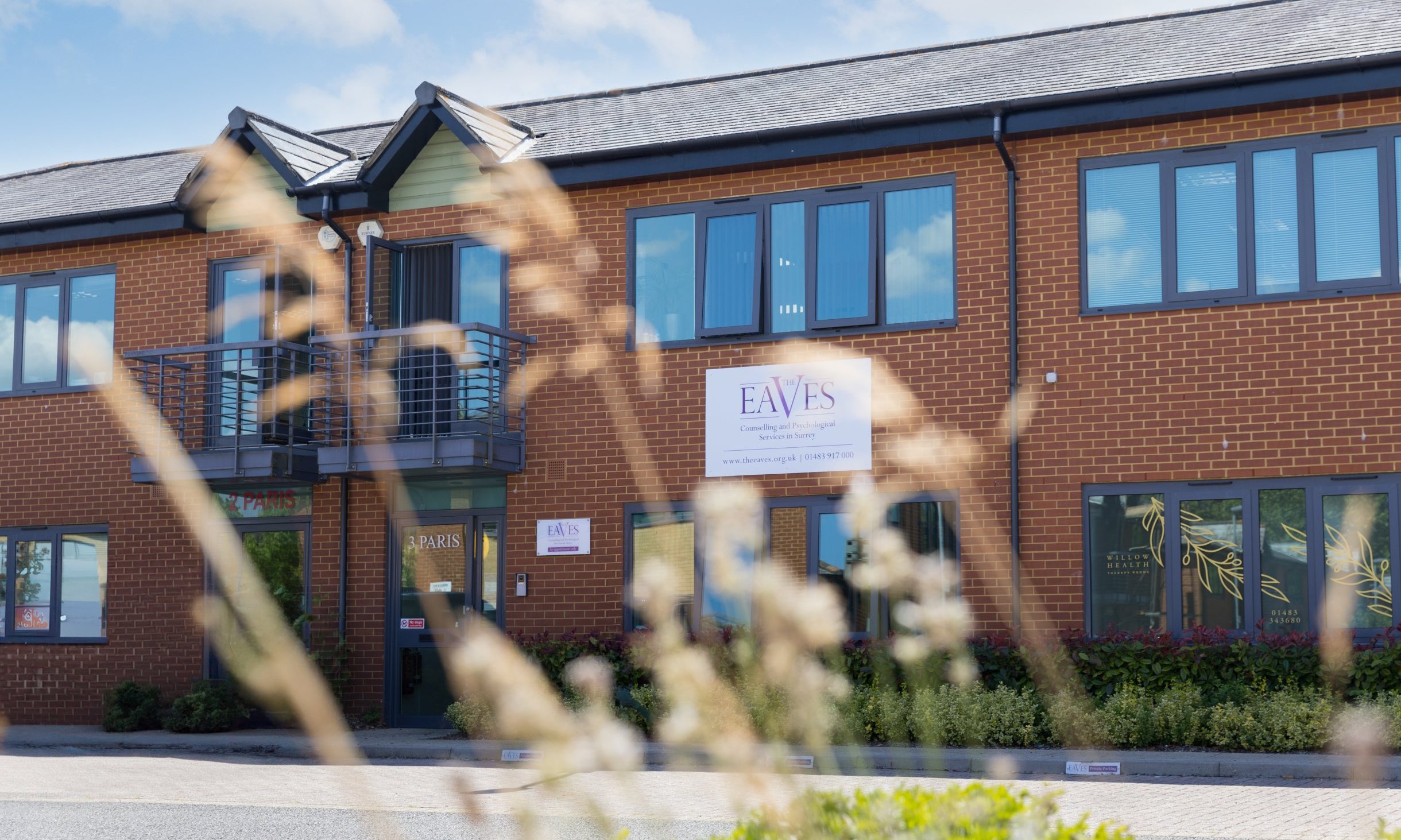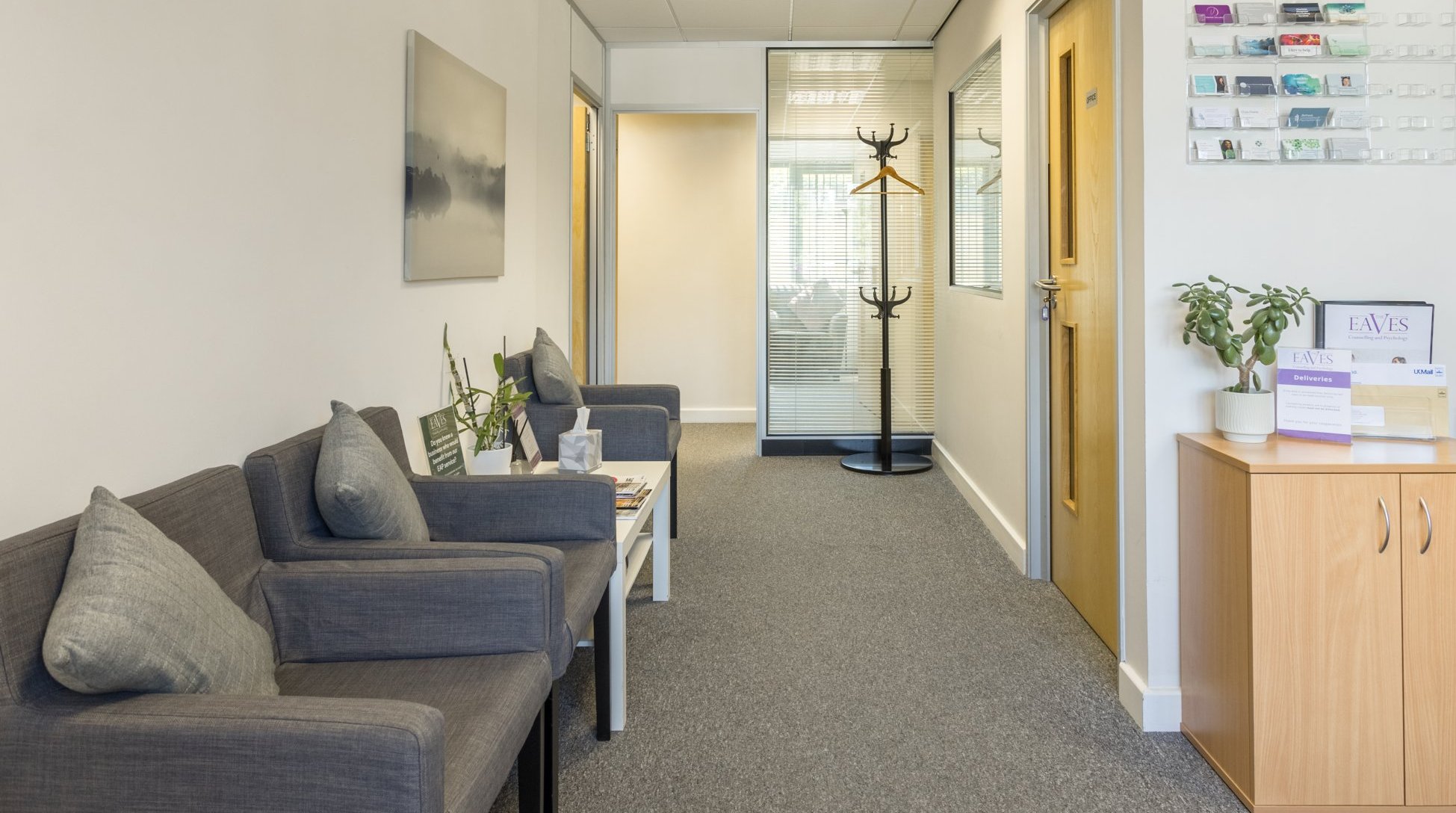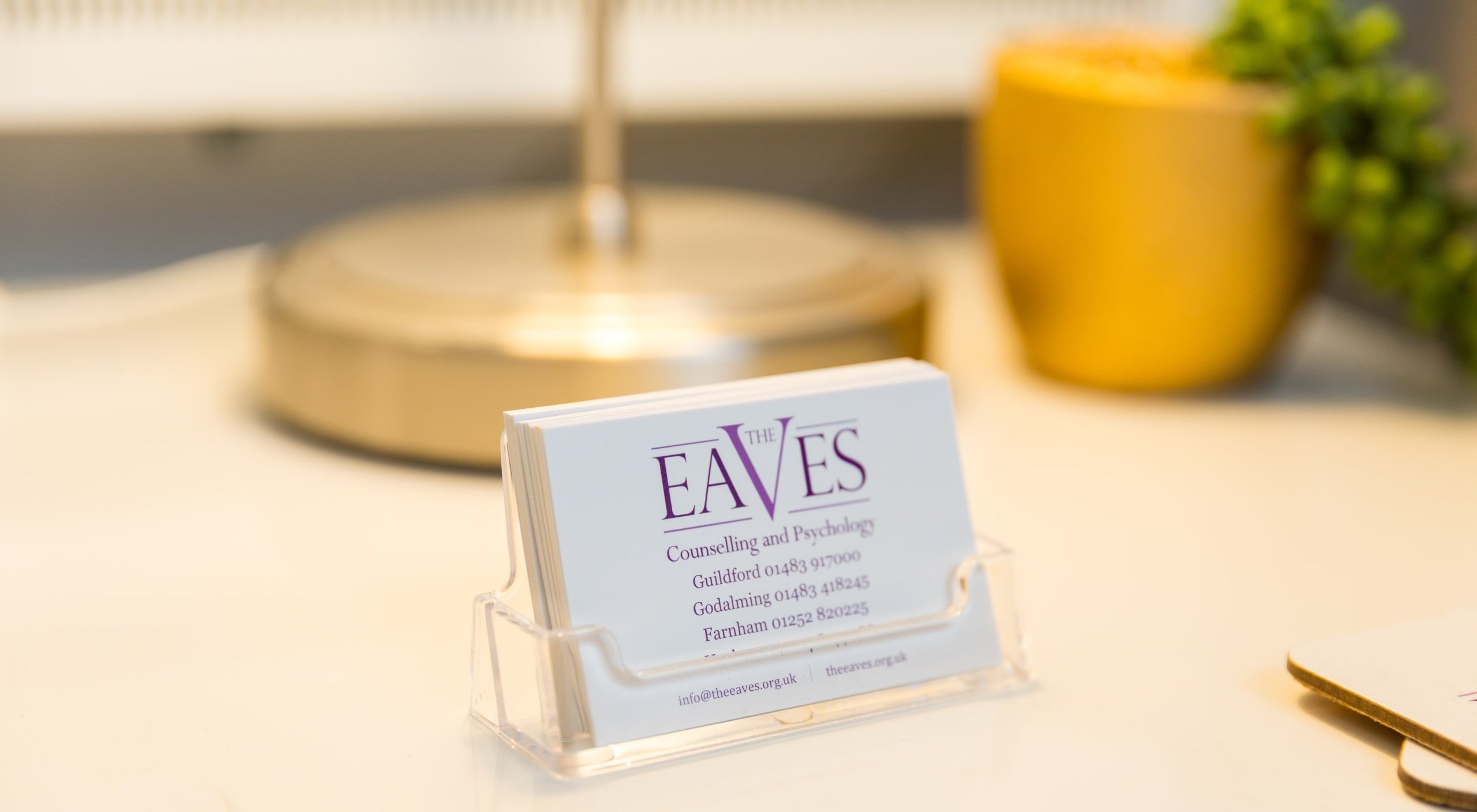Generally, therapy is a treatment to help a person feel better, or to recover from an illness. It is often considered when someone wants to change something in their life that is causing distress, or simply explore their thoughts and feelings in more depth.
Counselling and psychotherapy are umbrella terms that cover a range of talking therapies. Although the two are similar, counselling is often short term and helps a person to adjust to a normal way of living, where psychotherapy is often long-term and seeks to uncover the root of the problem. Both allow a person to discuss their feelings and any difficult emotions in a safe and confidential environment.
Many of our practitioners have undertaken additional and specialist therapies to help expand their knowledge base and further help their clients. These therapies include those such as: EMDR (Eye Movement Desensitisation and Reprocessing) for the treatment of trauma, DBT (Dialectical Behaviour Therapy) to help treat Borderline Personality Disorders and ACT (Acceptance and Commitment Therapy) to help acceptance of pain and/or long term conditions.
This list is by no means exhaustive and if there is a specific therapy you wish to receive please use the search function in our practitioners page or call us on 01483 917000.

At The Eaves you will see that many different types of therapists are working with clients. We are fortunate to have therapists of different modalities, different sexes, and experienced in most fields of therapy. For further support in finding the right practitioner please call on 01483 917000.
Psychological therapies generally fall into the following categories:

Counselling and psychotherapy is probably one of the better-known types of face-to-face therapy. Your practitioner will be trained to a high level and be a full member of, and answerable to, their governing body – most likely BACP or BPS. All of our therapists have their governing body and relevant qualifications listed on their own Eaves profile page.
Counsellors and Psychologists can be trained ‘Humanistically’ or ‘Psychodynamically’. You are likely to see many of our Counsellors describe themselves as ‘Integrative’ which means they are trained in or have done further training in, different types of therapy to enable them to tailor their therapy to you as an individual or couple.

Psychology is the scientific study of your mind and behaviours from communication and memory to thought and emotion. It is a multifaceted discipline and includes many sub-fields of study such areas as human development, sports, health, clinical, social behaviour and cognitive processes. Our Psychologists are likely to be Clinical or Counselling Psychologists and many have unique training in areas such as DBT, ACT and EMDR to name a few.
Essentially, psychology is about understanding what makes people tick and how this understanding can help us address many of the problems and issues that you might be experiencing. Our Psychologists will all be trained to a very high standard and will be full members of, and regulated by, their governing body such as HCPC or BPS and their qualifications will be on their site as they are on The Eaves own website.

Cognitive Behavioural Therapies (known as CBT), are a range of talking therapies based on the theory that thoughts, feelings, what we do and how our body feels are all connected. If we learn how to change one of these we can alter the others.
When people feel anxious, worried or distressed we can often fall into patterns which can actually worsen how we feel. Behavioural therapies work to help us notice negative thinking styles or unhelpful behaviour patterns so we can alter these and start to feel better. Your CBT therapist will have lots of strategies that can help you in the here and now.
CBT has a good evidence base of producing positive results for a wide range of mental health problems in adults, older adults, children and young people.

Conditions
At The Eaves we understand that everyone is an individual and what works for one person, might not work for another. Therefore different therapies are needed. The therapies we offer generally fall into three categories. These are Behavioural therapies, which focus on thoughts and behaviours (such as CBT, ACT and DBS), Psychoanalytical and Psychodynamic therapies, which focus on the unconscious and patterns that have evolved from childhood which may effect relationships, and Humanistic therapies, which focus on the ‘here and now’ of our lives (such as Person Centred or Gestalt). This is by no means a definitive list. Many practitioners at The Eaves are trained in several types of therapies and will tailor your therapy to suit you.
Sometimes a friend, partner or colleague might suggest you would benefit from talking to someone. You might feel that you want to work through some difficulties. Talking to someone that doesn’t know you, in confidence, can help you make sense of the world again. This different perspective can help you understand relationships and behaviours in a depth that you may not have got to on your own. A therapist can help you find better ways of coping and allow you to live a better life.
Accurate figures are not available due to the confidential nature of our profession, however figures from the Counselling Directory show that 1 in 4 people will experience a diagnosable mental health problem in their lifetime. A BACP study in 2014 found that 54% of respondents had either experienced counselling themselves, or knew someone who had.
All Eaves Practitioners undergo an initial interview and have to be trained to a minimum standard. Only Practitioners who are qualified, registered with their professional governing body, and insured are allowed to be part of the team of professionals at The Eaves. From the very beginning we decided to adhere to a strict policy of professionalism which still holds true today. By choosing a therapist registered with a professional body you can be reassured that they have met the standards of training and experience required by that organisation.
There are various professional bodies, also known as member organisations, that have the purpose of self-regulation of counselling/psychotherapy. Counsellors and psychotherapists are under no legal obligation to become a member of a professional body but membership will mean they have met certain requirements set by their professional body and must abide by their code of ethics and complaints procedure.
Each session will usually last 50 minutes but this is often flexible and should be discussed and agreed with your therapist before attending the first session.
Many therapists offer weekly sessions, however this can vary depending on the type of therapy and your own personal requirements. This should be discussed and agreed with your chosen therapist.
All Eaves Practitioners are private therapists and will charge for sessions. You can find out how much each therapist charges by having a look at their individual profile page or contacting them directly. Many of our Eaves Practitioners are approved by private healthcare organisations, please call us to check. Typically psychology is more expensive than individual counselling. Couples work and family therapy will also cost more. We have a wide range of specialisms at The Eaves which will have involved extra training and these may also mean an additional charge. We do have therapists willing to take a free initial consultation and we have student counsellors offering low cost therapy, please call for more details.
We have developed a unique search engine to help you find the right therapist at the right location at a time to suit you. If you still aren’t sure then call any of our numbers to speak to one of our team who will talk to you about your needs and help you to make contact with your therapist.
Some of our therapists offer online and telephone counselling if you would rather not see them face to face. To see who offers this, please use our ‘Find your practitioner in 5 easy steps’.
Wheelchair access is available at our Guildford and Haslemere practice, please let your therapist know your requirements so they can book an appropriate room. Our Godalming practice is situated on the first floor with stairs as access. Our Farnham is situated on the ground floor with several steps at the entrance.